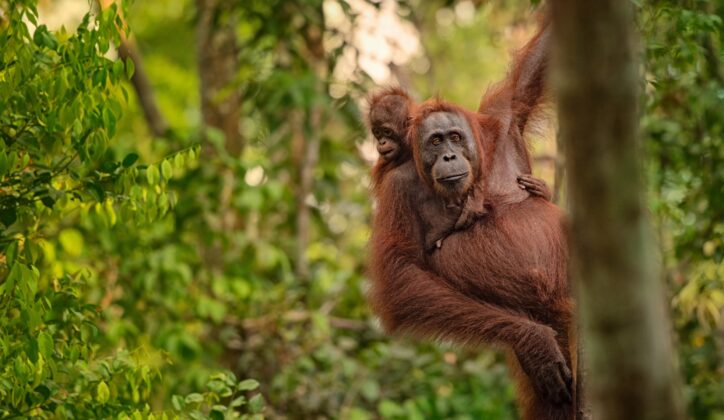Published on: June 27th, 2018
Last updated: December 28th, 2023
It is safe to say that Dr Robin Hanbury-Tenison is one of the greatest explorers of his era. In over fifty years of exploring he has embarked on more than 30 expeditions exploring some of the world's most uncharted regions, saved over 500 minority ethnic groups through his charity Survival International, is the author of dozens of books and holds the RGS’ Gold Medal.
His expeditions have included making the first land crossing of South America at its widest point and the first river crossing of South America from north to south from the Orinoco to Buenos Aires. He has walked across the Kalahari Desert with Bushmen, embarked on expeditions in Ecuador, Brazil and Venezuela, lived with the Yanomami tribe in Brazil, rode two Camargue horses across France, rode along the Great Wall of China and led a mission to investigate the arrest of Malaysian environmentalists and Borneo tribal people for campaigning against excessive logging in Sarawak. He also made Saharan camel travels with Tuareg exploring the Tassili n’Ajjer, Tibesti and Aïr mountains, led the Amazon Expedition by Hovercraft, from Manaus to Trinidad and led the TransAfrican Expedition by hovercraft from Dakar to Lake Chad to the Congo. In 1978-79, he led the Royal Geographical Society's largest expedition ever, taking 140 scientists to the interior of Sarawak in Borneo for over a year. This expedition cracked the 'rainforest code' and led to the start of the global concern for tribal peoples.
Ahead of his talk at The Haven held in collaboration with RGS, but only after first completing a four-hour hike across Hong Kong's Lamma Island, this incredibly active, humble and humourous explorer sat down with Jacada Travel to discuss his latest book Finding Eden, as well as his lifetime of expeditions.
Why did you first want to become an explorer?
I’ve always been an explorer. I started exploring aged six when I discovered an island that I assumed nobody had ever discovered before. I grew up in a very wild part of Ireland on a large estate with woods and lakes, and I discovered this island slap-bang in the middle of the lake, about half a mile from the shore, and I hacked my way into the interior. There I found a clearing where my mother who really was a large feature in my life allowed me to camp with her at first.
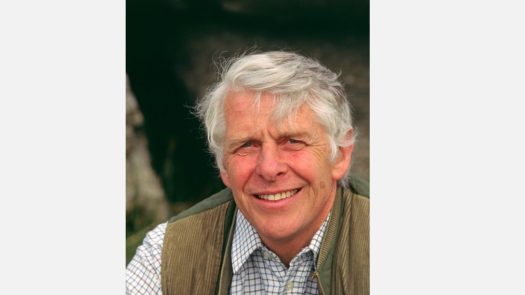
We built a fantastic tree house there and I sort of lived there from the age of seven until I left home really. I was sent away to dreadful schools in England which I hated, but during my holidays I actually lived in a treehouse in the middle of an island by myself, which teaches you solitude and self-sufficiency. The treehouse was 30-foot up the tree and so I just winched my dachshund up to join me. It taught me the pleasure of being scared out of your wits, but it was good fun and that really sort of took hold.
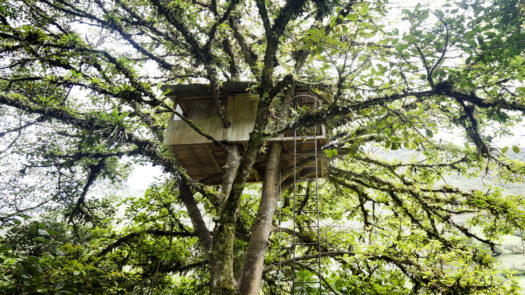
As soon as I left University I set off around the world, which was when I came to Borneo for the first time working on ships. I was the original sort of hippie traveller and I travelled around the world. I did a couple of huge expeditions in South America such as the first crossings of South America with a friend, and you know, one thing led to another. I’m really a farmer, not an explorer, I just make a lot of noise about exploring.
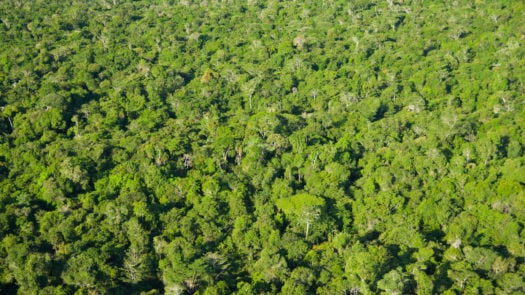
What is your most memorable expedition?
Well, I’m a hot place explorer, I don’t do cold and I don’t do high. I have a great respect for mountaineers like Stephen Venables as I get vertigo, and I have a great respect for polar explorers like Ranulph Fiennes, who is a great friend, but the idea of being that cold for that long just doesn’t appeal. I explore rainforests and deserts, so I’ve travelled in most of the rainforests in the world and a lot of the deserts. I travelled a lot by camel across the Sahara.
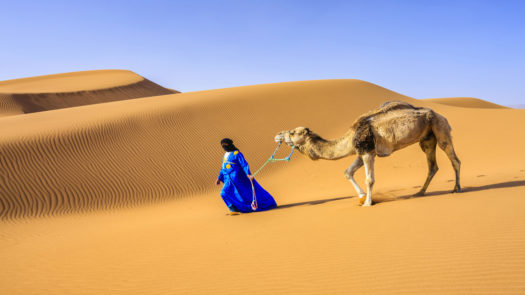
I suppose my most memorable trip was five or six years ago when I thought it seemed like a good idea to spend 40 days and 40 nights by myself on a camel. By myself in the sense that I had four Tuareg and 9 camels but they didn’t really speak much as they were busy doing their thing and I was doing mine. I walked approximately 20 miles a day, through a part of the Sahara that you can’t go back to now as its all gotten too dangerous. It was relatively safe but I had to be disguised as a Tuareg otherwise I would have been kidnapped and ransomed. It was lovely as the Tuareg are wonderful friends and lovely people.

Who is the most interesting person that you've met while travelling?
It has got to be my friend Nyapun. I may actually do another book about him as there is so much to tell. You can find out all about why his life story is so extraordinary in my book Finding Eden which I also dedicate to him.

Have you noticed any changes during your time exploring?
The biggest change has been that the rainforest in Borneo, which was once the richest rainforest in the world and when I was there 40 years ago 95% of the lowland of the rainforest was intact and only 5% had been logged, now there is 5% left. This is one of the biggest ecological disasters and environmental disgraces. What is so exciting at the moment is that it is all coming out thanks to what is happening in Malaysian politics and Clare Rewcastle Brown. She’s an absolute thorn in the side of the Malaysian government and is a really good journalist who virtually single-handedly has exposed the 1MDB scandal.

Suddenly we can talk about all of these things, whereas in the past one has had to pussyfoot around a bit because they were so sensitive if you mentioned the word corruption. Now suddenly it’s all coming out, but it’s too late for the lowland rainforest. A lot of the rainforest is still left in Borneo and there are a lot of exciting things to be found there. Nature is very resilient and a lot will recover if it gets the right treatment.
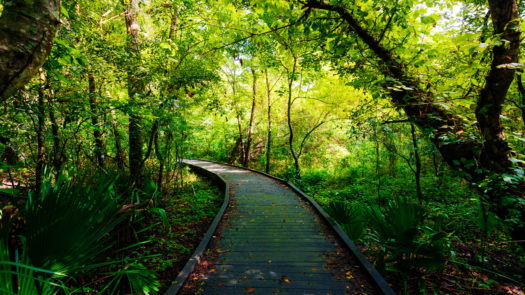
Do you think more people are becoming explorers?
I think they should. The world is waking up to the fact that we don’t understand it at all and that there is more to explore than ever before. I have a bit of a bee in my bonnet about space travel, but if some of NASA’s $850 billion budget was spent on trying to understand inner space, microbes and how diverse and complicated life on earth is, I think we might possibly stop the world from falling apart. It’s a bit late but we might just get there because taxonomy isn’t a very sexy subject but my god it is important to know how the world works. Just as telescopes are getting more powerful, microscopes are getting stronger. We’re beginning to understand just how diverse and extraordinary the smallest of things are. Did you know that you have more lifeforms on your eyelashes than there are people on the planet?

These are extremely small real things and you would be much happier not knowing about them! My large intestine has more life forms in it than there are stars in the Milky Way. Every small cube of soil from the tropical rainforest contains millions and millions of life forms, and we don’t know really know how it all works. What we did with our big expedition 40 years ago was to find out how a rainforest actually works but we only found out the basics. We still don’t understand the symbiotic relationships of all the microorganisms and life forms. Exploration should be in its infancy – we should just be beginning to discover the world.
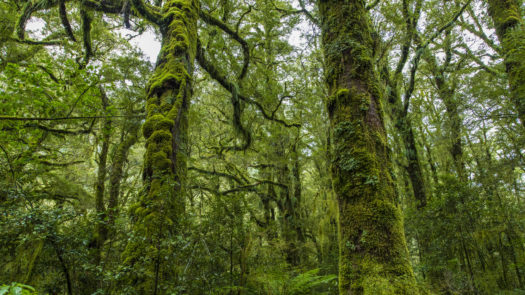
What has been the most satisfying aspect of your career?
My proudest achievement is starting Survival International and still being part of it as the president. There’s an awful lot of fake explorers around who are obsessed with how tough they are and how its all about me-me-me. So I’m incredibly lucky that I discovered two causes which were much more important than me as an explorer. I mean I’ve done some quite tough things in my time and I’ve been there and done that, won some firsts, and all that but that’s not what matters. It’s not about me, it’s about the causes that you can foster through being an explorer, such as helping to start Survival International in 1969, which has revolutionised the world’s attitude towards tribal people.
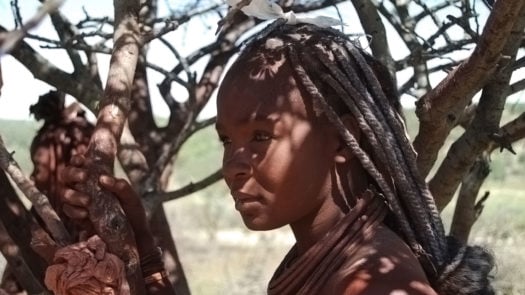
There wasn’t any organisation representing them before and now we do all over the world. Everything from South American Indians, Bushmen in the Kalahari, Indian hill tribes, Australian Aborigines to Inuit – you name it, we have put our oar in. We don’t tell them what to do but we represent their interests and try to stop dreadful things happening to them until they are able to fight their own battles which they very rapidly are. Secondly, I am proud of being part of starting the whole rainforest movement through being asked to lead the RGS expedition to Borneo.

Can you tell me about your work with uncontacted people?
We don’t go looking for uncontacted people but we estimate that there are about 100 tribes still uncontacted mainly along the Brazilian – Peruvian border. There are a few elsewhere in the world but they are mostly in that area. The government recognises their land and their right to be there under the constitution, but then oil companies say that there aren’t any people there and so they want to prospect or timber companies say that they want to go in and log. One of the things we can do and have successfully done is to prove using aerial photography that there are people there and stop the logging – that’s representing people who don’t know were representing them, but they have made it quite clear they do not wish to be contacted.
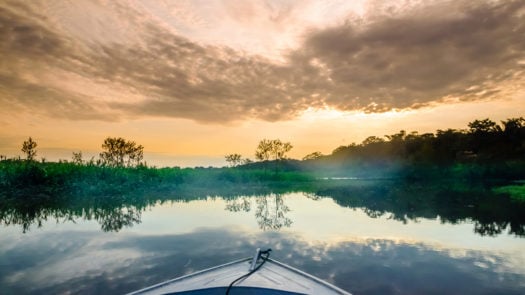
Some people do come out but it’s a very dangerous business for them because with no resistance to Western diseases they tend to die unless it’s done very gently and sensitively. It can be done though and there are other tribes who have been in contact since Columbus. They have retained their identity while moving further and further away up the rivers but what it all comes down to with them and with almost anybody anywhere in the world is land. If people can have their right to their land established under their constitution and their land can be demarcated then that’s half the battle.

Why did you first become interested in the plight of tribal people?
During my early travels in South America including my first crossing across the continent and indeed travelling around the world, I received hospitality from so many people. When I stayed in Iban Longhouses I was always received kindly and hospitably by people. Hospitably is a sort of universal characteristic if you play your cards right. I then realised that there was no organisation representing the people I often met and stayed with and that they were being abused, particularly in the case of Brazil, by the very government body responsible for them. So we decided that there ought to be an organisation to represent these people. It was really to repay all the kindness, hospitality and interests that one had received in the past.

What are some of the highlights of spending time in the rainforest?
I just love the rainforest! You’re meant to get wet in the rainforest, you’re meant to get some leeches on you, you’re meant to sleep out and really feel the rainforest. I was first in Borneo in 1958, when Kota Kinabalu was still called Jesselton, and I’ve been coming to Borneo for years. The big trip was the 15 months I spent leading the large RGS expedition which kind of changed the world because we founded the whole rainforest business.
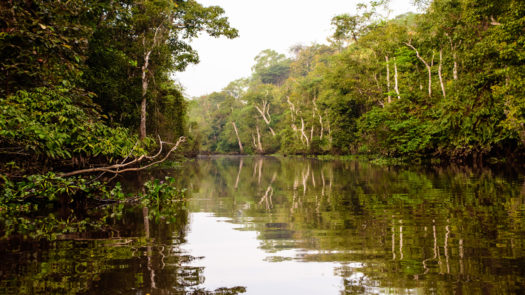
I’ve just come back from Borneo where I spent a week in the Malay basin which was incredibly tough but well worth it. It really is an exciting place, as three-quarters of it is totally unexplored and there is a scientific research base where scientists can work and lodge. Only 15 people are allowed in there at a time as it is a very protected area. I did tell them there would be an octogenarian leading but those were some very long and really hard walks so I have to say, I was pretty knackered by the end. We saw lots of wonderful gibbons and wildlife there before we spent the second week in Danam valley. It was very sybaritic and we saw some incredible wildlife, including wonderful orangutans, I’ve never had so many good sightings and I’ve seen a lot. Just look at this (at this point Robin draws out his phone and starts playing a video he took of a baby orangutan learning how to climb from her mother), it is a mother and daughter, the daughter is 6 years old and is called Kate, named after Kate, the Duchess of Cambridge after her visit there. Isn’t that just beautiful? She’s just showing her what to do, she’s so gentle, it’s just lovely watching the little one. We were very lucky to see that.
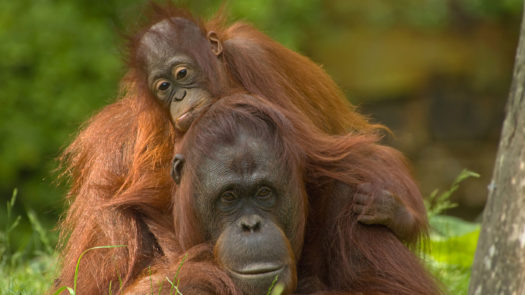
It is really interesting taking groups of people into the rainforest, one extremely tough person was absolutely terrified of leeches recently – I mean she screamed like a baby! So I would sort of pick the leeches off and say look this is really a very small creature, it’s adorable, they don’t do you any harm, and then I chop it in half because actually, you don’t want it to go on anybody else. People are very frightened but there is almost nothing to be afraid of in the rainforest, particularly in south-east Asia.
I have slept out on the floor of the rainforest in South America but it can be quite uncomfortable. In south-east Asia, you just curl up in the buttress roots of a tree, a few ants, leeches and snakes may possibly move across you but if you don’t attack you they won’t do you any harm.
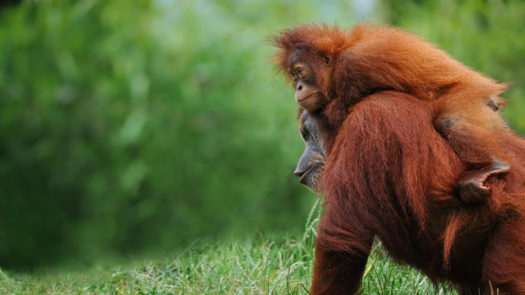
Where’s next for you to explore?
Well, I’ve already written several books, so I think now I should explore my inner space more and write. I’ve got several books boiling up based on travel and opinion, but I’m just so jolly lucky, touch wood, that at 82 years old I can lead a group of feisty young travellers and leave them behind.

Explore Borneo on these example trips
Feeling inspired to explore Borneo's rainforest? Speak to one of our expert travel designers today.


